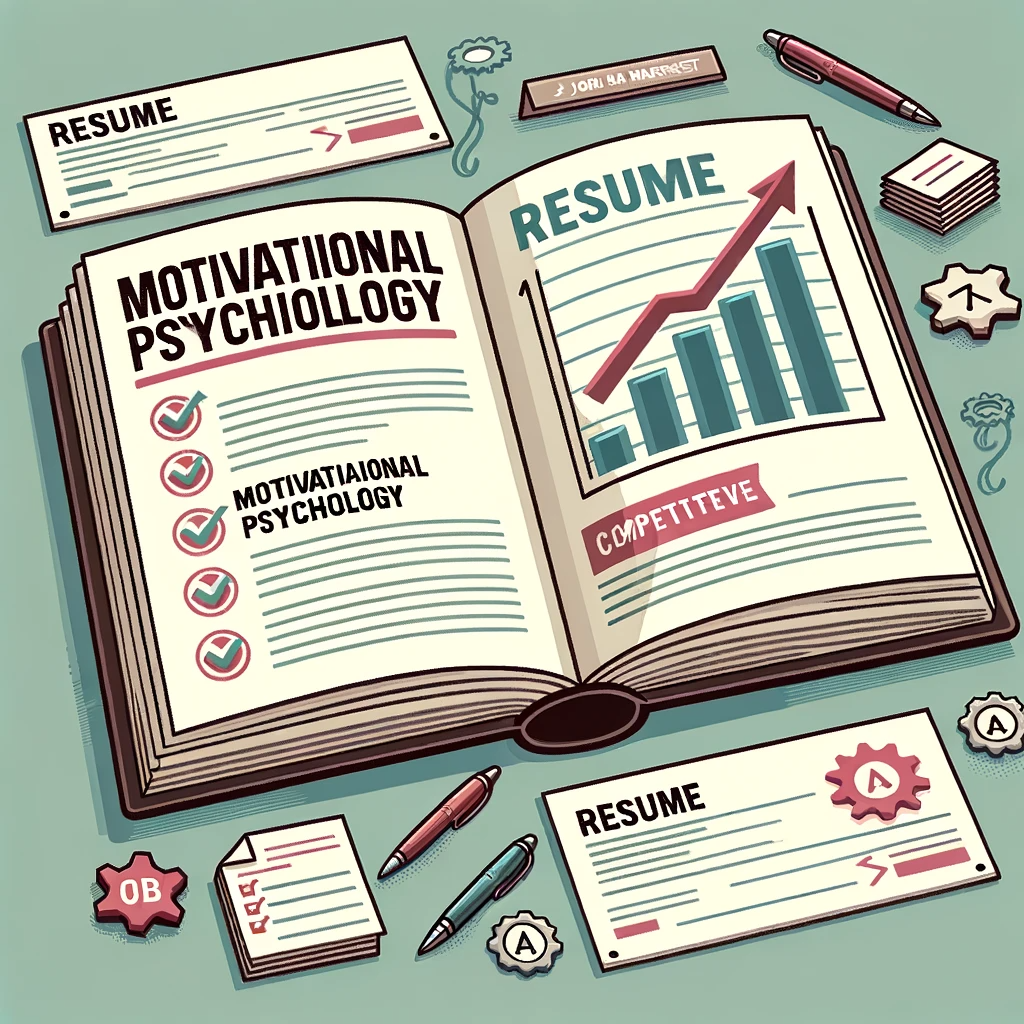In the current economic landscape, we’re witnessing a unique confluence of factors: soaring inflation rates, escalating interest rates, and record low unemployment levels. These dynamics aren’t just numbers on a chart; they have real-world implications for professionals across the board. With the cost of living on the rise due to inflation, many are feeling the pinch and looking for ways to increase their income. The low unemployment rate, whilst a positive sign of economic health, also indicates a saturated job market where every open position might have multiple qualified candidates. Additionally, as interest rates climb, individuals may be re-evaluating their financial stability and long-term goals, prompting a reconsideration of their current job roles.
Given these circumstances, it’s no surprise that many are seeking to progress in their careers, not just for personal fulfilment but also as a strategic move to navigate these economic challenges. So, how can one truly stand out and make a lasting impression in such a competitive environment? Drawing from the latest findings in motivation, goal setting, and motivational psychology, here are five strategies to help you differentiate yourself and progress in your career:
- Set Clear and Specific Goals
- Why it works: Research has consistently shown that setting specific and challenging goals leads to higher performance than setting easy or vague goals. When you know exactly what you want, you can direct your efforts more efficiently.
- How to apply it: Instead of saying, “I want a better job,” specify what that looks like for you. For instance, “I want a managerial position in a tech company within the next two years.”
- Adopt a Growth Mindset
- Why it works: Dr Carol Dweck’s research on mindsets reveals that individuals with a growth mindset – those who believe abilities can be developed through dedication and hard work – are more resilient and adaptable to challenges.
- How to apply it: Embrace challenges and view failures as opportunities to learn. When faced with criticism, instead of getting defensive, ask yourself, “What can I learn from this?”
- Continuous Learning and Skill Development
- Why it works: The world is constantly evolving, and so are job requirements. By continually updating your skills, you not only stay relevant but also demonstrate a commitment to your profession.
- How to apply it: Enrol in online courses, attend workshops, or even seek mentorship in areas you wish to improve. Showcase these learnings on your CV and during interviews.
- Build Authentic Relationships
- Why it works: Networking isn’t just about collecting contacts; it’s about building genuine relationships. Authentic connections can lead to job referrals, collaborations, and opportunities that you might not find on job boards.
- How to apply it: Attend industry events, join professional groups, or even start your own meetup. Remember, the goal is to build meaningful relationships, not just hand out business cards.
- Showcase Your Unique Value Proposition (UVP)
- Why it works: In a sea of applicants, your UVP is what sets you apart. It’s the unique combination of skills, experiences, and perspectives that you bring to the table.
- How to apply it: Reflect on what makes you different from others in your field. Maybe it’s your diverse background, your approach to problem-solving, or a unique skill set. Highlight this in your CV, cover letter, and interviews.
In conclusion, the current economic situation underscores the importance of being proactive in our career trajectories. By integrating these strategies into your career development plan, you’ll not only differentiate yourself in a competitive job market but also position yourself to better weather economic uncertainties. Remember, it’s not just about landing a job; it’s about building a resilient and fulfilling career in a rapidly changing world.
